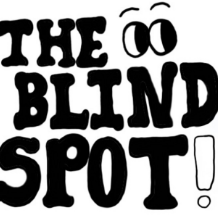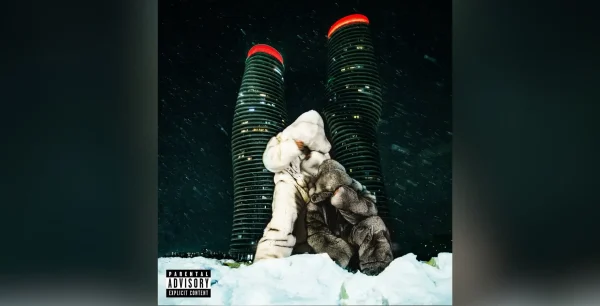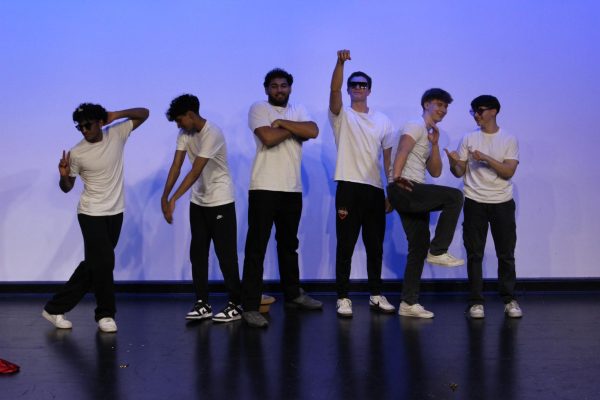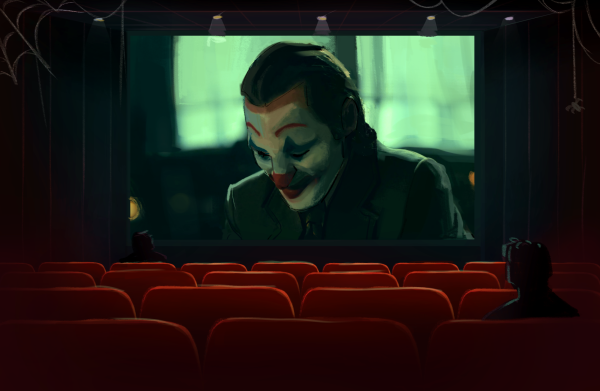‘The Blind Spot’ sheds light on important issues
New club’s podcast sparks discussions about activism and misinformation

“The Blind Spot” is a new club on campus that makes podcasts about issues ranging from education and mental health to the election.
Ever since the pandemic began, all kinds of restrictions have been put on society.
Current global and local issues are becoming more prevalent, and because of these restrictions, students are given limited opportunities to discuss and act on those issues. With the amount of information available on the internet, students’ outlook on the world has become congested, blocking their attention from many other important issues.
Cal High’s The Blind Spot was created with these problems in mind, aiming to address the blind spots in communities by sharing diverse perspectives and guiding students in politics and activism.
“I wanted to create a safe space where people can discuss these issues and think for themselves, instead of just glancing over these issues and eventually forgetting about them,” junior Lauren Lee, the club president, said.
Before the club announced itself through Instagram on Sept. 20, 2020, it used to be known as the Human Life and Rights Club. One of the motivating factors that led to the club’s reconstruction was the amount of performative activism and spreading of misinformation that they witnessed over the last summer.
“If you think about it, there’s so much information, but it’s all recycled and repeated,” junior Raymond Wang, the club vice president, explained about the meaning behind the club name. “So I feel like by creating the Blind Spot, we could give light to other topics that people don’t talk about.”
The group of students criticizes how information is being spread and how social media impacts people, especially during this time. By recording themselves on podcasts, they hope that people will listen and gain new perspectives.
The Blind Spot podcast, found on Spotify, is the club’s main attribute, and it currently has five 45-minute episodes each dedicated to different topics. The club members called using Discord two to three times a week to come up with those topics, which range from education and mental health to the election.
“We talk about what’s happening right now and we also try to talk about things that maybe aren’t, but are still important to us,” freshman club member Aiden Frank said. “After we narrow it down, we then decide on what parts of the topic we should talk about and if we need to research it.”
When recording time comes, it usually takes some time for everyone to settle in.
“We would go over what we’re talking about, then we hit record,” Lee said. “But then there’d be a lot of giggling and nervous laughter.”
Every podcast follows specific parts of the topic that walk the speakers through the recording, but they also have everyone sharing their feelings and viewpoints. Sometimes they’d follow an outline, and sometimes they don’t.
“When this club was still figuring things out, we would create an outline or script which would work out what kind of blind spots we want to address,” Lee said. “Later on the officers were concerned about the tone of our podcast so we tried out non-scripted versions, and sometimes those turned out better than the ones that had a structure.”
For the heavier subjects, they would have a more structured podcast so it all just depends.
The officers always host the podcast, but the guests vary each episode. Anyone can apply to be featured in the podcast whether they’re already planning to be a club member or not. That includes other clubs.
“One of the main goals of our club is to share our platform for other smaller clubs at our school to have a voice,” junior Alyssa Hu, the club treasurer, said.
It’s also an effective way of gaining support.
“I think another reason why we [collaborate] with other clubs is because we need participation as a club to function,” Frank said. “It’s nice to have other voices outside of the people who normally participate.”



